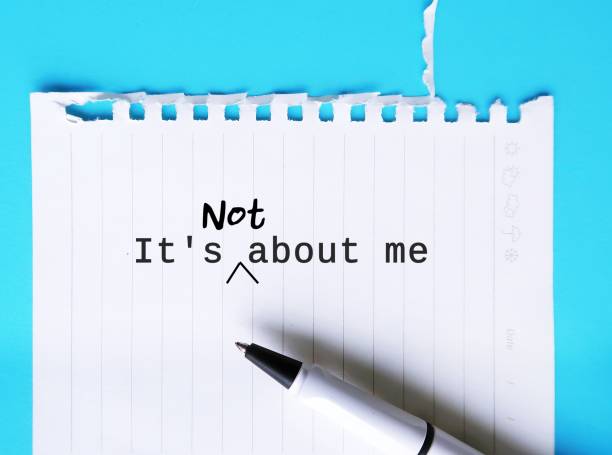
This is the story of my life. I have found it is necessary to not take life personally. I failed at a lot of things. I hope at the end of this series I have started to win at more things than I fail at. And that my successes are on a scale tremendously bigger than my failures. CN is an acronym of my name. CN is the first of five children born to Igbo parents of Nigeria, born in northern Kaduna, Nigeria, to a disciplinarian mother and a far more laid-back father. CN’s earliest memory of herself would be having a seizure as a child. I think I might have had polio. I remember my mother’s worry. The endless night she stayed awake. I do not believe I was up to a year old. I am not so sure of the age I was when this happened, but I know I should not remember it; I really was too young. In that time, information and education were less than now. So despite my mother being a disciplinarian, I knew she loved me, so I loved her back. I still do. My father, though, was my favourite parent. The old African way to raise a child involved corporal punishment. But my father would never have it. He hated hitting children with a vim. So, of course, he was my favourite. I extend grace to my parents and most parents. On the subject of corporal punishment. They believed it would help us be better humans. Most parents, I say, because some stories you hear are appalling. That’s just plain wickedness.
In the tale of my life, I did my first business when I was 5. I crossed a man-made pond in a valley around my house during the long holidays to pluck mangoes and sell. My parents must have been so terrified. I do not remember their reaction. The north of Nigeria was very peaceful in the late 90s and early 2000s. Then the first sharia happened. I was in school on that day. My father worked at the airport. In school, they taught us that planes were parked at the airport and that people who flew planes were called pilots. And so I told everyone who ever asked me what my father did—that he was a pilot.
Well, he wasn’t. I am not sure what he did at the airport. He worked there indeed. He had a white peagout; I think the 406 model. And I know he had a sportsman shop at Constitution Road, Kaduna. But he was not a pilot. And he was stuck in the airport during the first and last sharia I ever witnessed. For nearly a week.
We had a driver. I do not remember his name. It must have been Musa; I think it was Musa. At 7am, he dropped us off at school. School closed at 3pm daily. But that day, at around 10am but before noon—I do not remember the exact time; it was however earlier than it should have been—he came to pick us up. And so were other parents. My mother had a shop. My memory fails of where it was; she used to have one at Sabon Gari, and later she had another at Barnawa. I do not remember which of the shops she ran at this time.
All the cars coming to school had leaves on the front windscreen. I did not know what it meant. The parents were very frantic; there was a huge rush, and dust was everywhere. Baranwa is a city in Kaduna South, a Christian-dominated area of the Kaduna. This was in 1999. Men and young boys were well holding machetes on our way home. They spoke to Musa, asking him questions. Burnt cars littered the road. My younger sisters and I were in the car. We got home safe. Unharmed.
We lived in Agric quarters. A government residential area. Musa was brave and he was kind. I do not know his religion. He wasn’t my parent, nor was he family. But he came to pick us up in the midst of that unrest. I do not remember if my mother was home before we got there or if she came back home later. My father did not come home for many days. He was stuck in the airport. To put into perspective what Musa did that day, my father lost all his friends who were from my tribe. And his brother. We left to the East as soon as we could. We were in Enugu for 5 months. After the sharia, my family slowly moved to the south. It was that violent a conflict. First my father, then me, then my younger sister, and all the rest.
Musa is a curious memory for me. I know he existed. But I cannot remember Musa with the exception of that day in my life. I never saw him after that day. But we survived. The army brought my father home. That was my first memory of being so close to the Army. I was very glad my father returned home safe. A few days later, we left for Enugu. Where I learnt my first Igbo word, Nkita.
